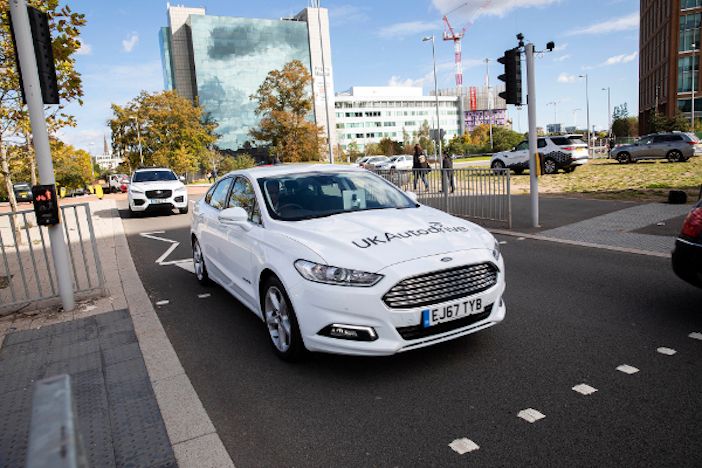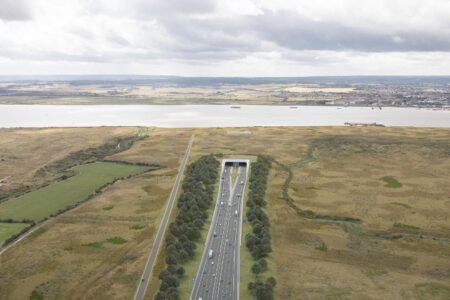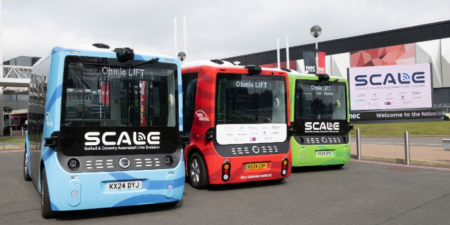A pioneering project to trial connected and autonomous vehicles (CAV) in the UK has concluded with three days of complex demonstrations across two cities, featuring new modes of travel, collaboration between three global auto makers, innovative technologies, complex urban environments, and an International CAV Conference.
The UK Autodrive project is the largest of three schemes to have emerged from the UK government’s ‘Introducing Driverless Cars’ competition in 2015, which had the aim of establishing the country as a global hub for the development of autonomous vehicle technologies.
Since then the technology and CAV sector has evolved considerably, and UK Autodrive has been a benchmark project. Putting users’ needs first, the project has studied how the technology can make roads safer and less congested, air cleaner, and commutes simpler and more efficient. The three-year project has played a pivotal role in positioning the country as a leader in the CAV space, helping support the UK government’s ambition to see driverless cars on the road by 2021, and making it a top destination for future CAV R&D.
In addition to leading the way in developing and showcasing the latest technology, UK Autodrive has investigated other important aspects of automated driving, including safety and cyber security, legal and insurance issues, public acceptance and customer interaction, and the potential business models for turning autonomous driving systems into a widespread reality. Helping business, academic and government communities to take positive steps forward, the project has also delivered a number of papers and studies:
• Public engagement / Feasibility studies – Examining the significant implications and challenges of introducing autonomous vehicles from a technical, social and economic perspective;
• Legal and insurance – Developing the legal framework for the wider roll-out of autonomous mobility;
• Safety and security – Exploring mass CAV deployment, identifying weaknesses in the operating system and infrastructure, and providing solutions.
“UK Autodrive has been a hugely successful project that was delivered on time and on budget,” said Arup’s Tim Armitage, UK Autodrive project director. “Taking place in Milton Keynes, Coventry, and on the Horiba MIRA test track, UK Autodrive carried out a series of trials of increasing complexity which have demonstrated the functionality and potential of connected and self-driving cars.
“The program also delivered a fleet of lightweight, autonomous ‘pods’ which have been designed to operate last-mile services in an urban environment. The pods have demonstrated how they could be used to provide a public transport service to residents of Milton Keynes. The real advances that the UK Autodrive partners have developed, and which we have demonstrated, will be shaping the next generation of vehicles, and the roads, regulations and safeguards needed to accommodate them and the people using them.”
The partners in the UK Autodrive consortium are: Arup, Milton Keynes Council, Coventry city council, Jaguar Land Rover, Ford Motor Company, Tata Motors European Technical Centre, RDM Group, Horiba MIRA, AXA, Gowling WLG, Thales, Transport Systems Catapult, the University of Oxford, the University of Cambridge, and the Open University.





